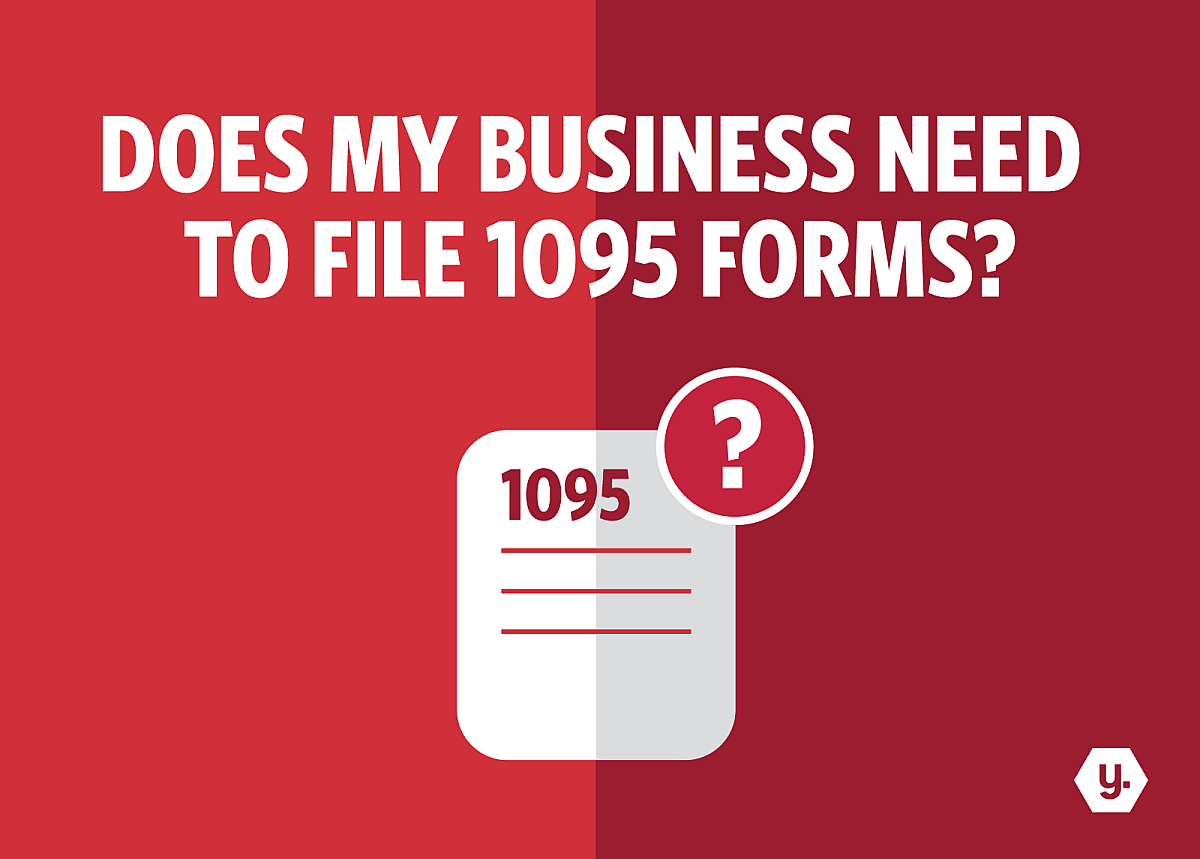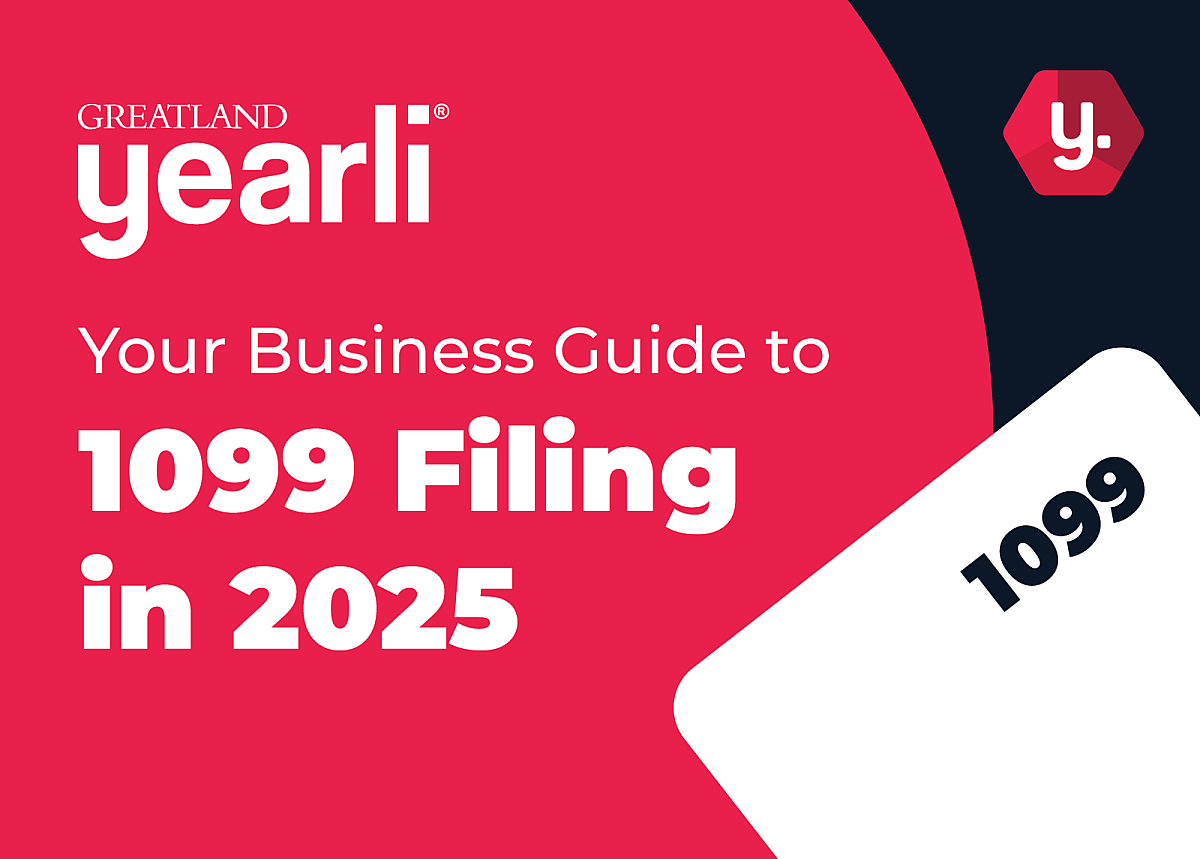
Never Mind Santa, the IRS is Watching… Don’t Let Year-End Filing Mistakes Cost Your Company
Year-end reporting season is usually anything but jolly for business owners and human resources staff charged with wrapping up annual IRS reporting responsibilities.
As businesses rush to prepare for the January 31 deadline for W-2 and 1099-MISC reporting, some will make mistakes in the process – to err is human. The IRS is not always big on forgiveness, however.
The prospect of IRS penalties may be intimidating for many companies facing winter crunch time, but Greatland Corporation, one of the country’s leading providers of W-2, 1099 and 1095 products for businesses, offers one simple piece of advice to alleviate stress and assure peace of mind to businesses owners and HR representatives this tax season: take the time to double-check all reporting documents and deadlines.
While this may seem like an obvious step in the reporting process, it is one of the most skipped among businesses, especially now with condensed timelines. Once data input is complete, many organizations do not take the added step of reviewing information for accuracy. The current January deadline is only three years old, with many companies still adapting their pace and processes.
“Double checking is the single, best, preventative measure for costly mistakes or near misses that could your company thousands of dollars,” said Janice Krueger, a subject matter expert at Greatland Corporation. “Double checking year-end reports should be a standard practice for businesses as it renders a more robust and complete process for error detection.”
Over recent years, information return reporting penalties have increased. With the rapid increase of gig economy workers, the IRS is cracking down on 1099-MISC filing for businesses with contract workers. Greatland has compiled a list of filing penalties for 1099 forms taxpayers should be aware of this season:
- $50 per Form 1099-MISC if late for 30 days or less.
- The penalty increases to $100 per form if late more than 30 days, but filed by August 1.
- The penalty further increases to $270 per form if filed after August 1.
- In the case of a catastrophic event, your business may be able to acquire a 30-day extension by filing IRS Form 8809: Application for Extension of Time to File Information Returns. The form must be filed by January 31. It is important to note that there is no longer an automatic extension of time to file for the 1099-MISC.
Small businesses (for penalty purposes) are defined as organizations with annual gross receipts of $5 million or less for the three most recent tax years.
In positive year-end news, the IRS recently announced that deadline for filing 1095 recipient forms has been extended from January 31, 2019 to March 4, 2019. In addition, the IRS has also extended its “good faith” position in regard to 1095 submissions: it will not assess filing penalties for incorrect or incomplete information if an employer made a good faith effort to comply with the reporting requirement.
Greatland still recommends businesses to file as soon as possible. Filers should now be in the habit of completing these forms and completing them properly.
For more information on 1099-MISC state filing deadlines, visit Greatland’s new Yearli Site, the most complete W-2, 1099 and 1095 filing program on the market.
Latest News
-
 November 25, 2025
November 25, 2025New Alternative Furnishing Method for Forms 1095-B and 1095-C Comes with Complexities
The IRS has updated the Affordable Care Act (ACA) reporting process for Forms 1095-B and 1095-C. These changes aim to reduce administrative costs and simplify reporting, but they also create new compliance challenges for employers and health insurance providers.Read More -
 October 8, 2025
October 8, 2025Your Business Guide to 1099 Filing in 2025: Deadlines and Compliance Tips with Yearli
Businesses must prepare for 2025 IRS 1099 filing by understanding key deadlines for Forms 1099-NEC and 1099-MISC and leveraging e-filing tools like Yearli to stay compliant. This guide outlines important dates, recent IRS updates, and practical tips to avoid penalties and streamline the filing process.Read More -
December 30, 2024
Understanding Form 1099-DA: A Comprehensive Guide to Filing for Digital Asset Transactions
As the use of digital assets like cryptocurrencies and non-fungible tokens (NFTs) continues to grow, so does the need for clear tax reporting guidelines. To address this, the IRS has introduced Form 1099-DA, which will be required starting in 2025.Read More
